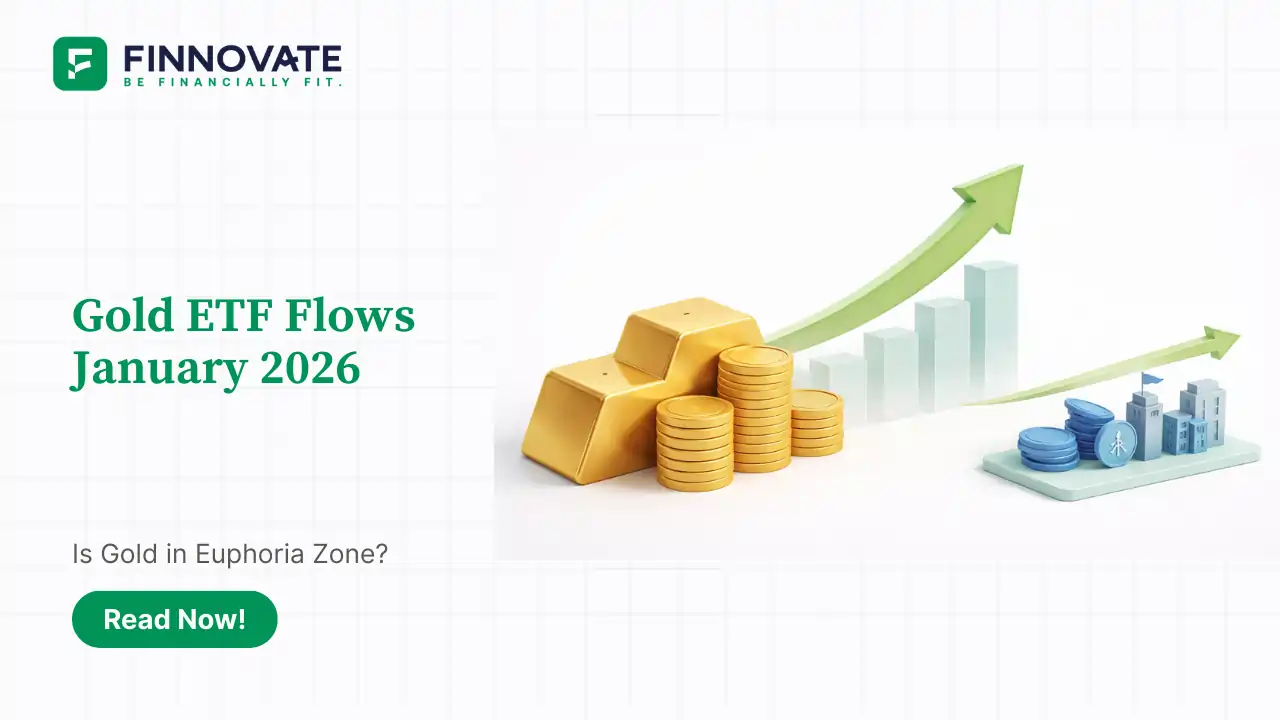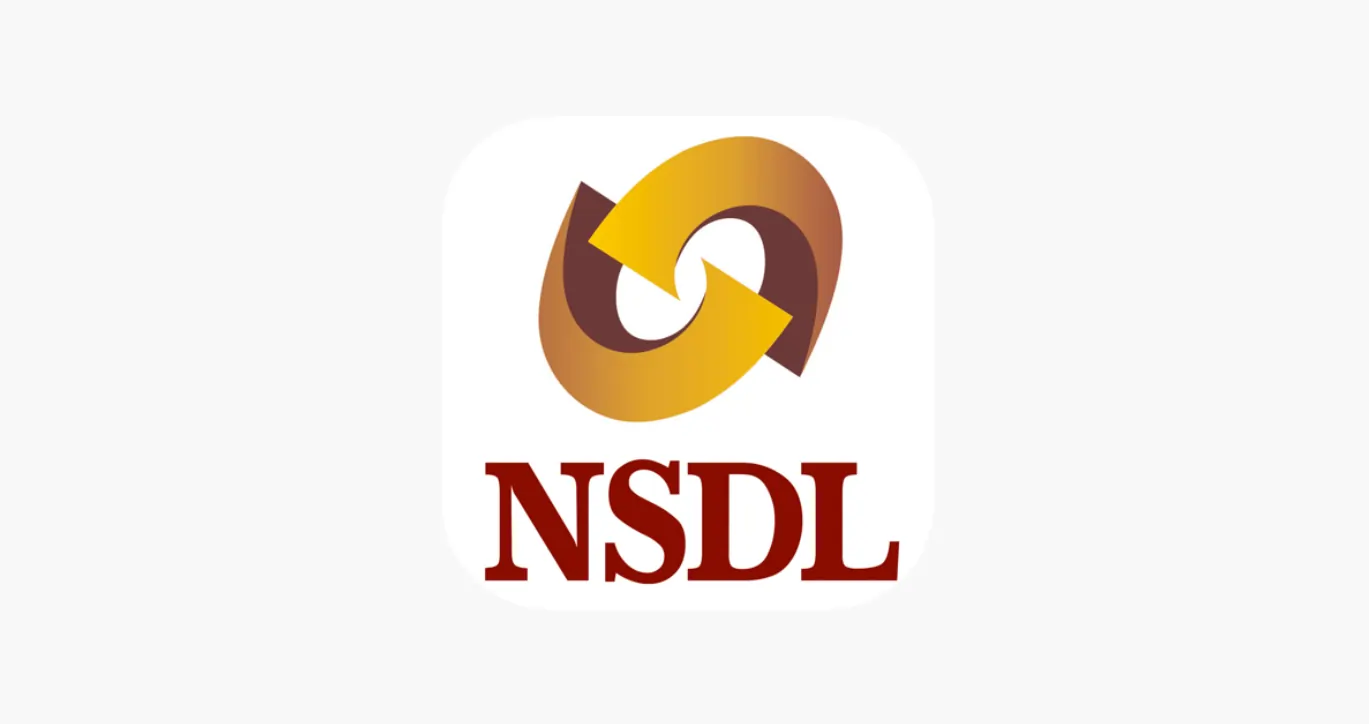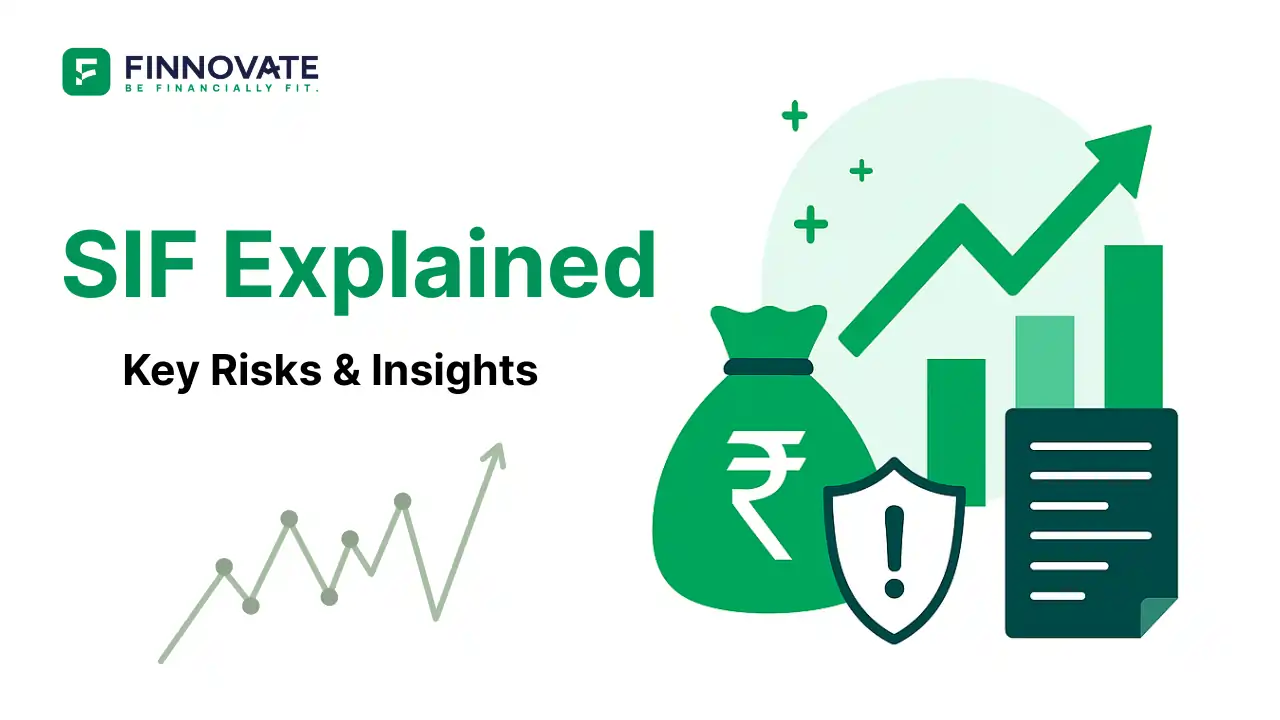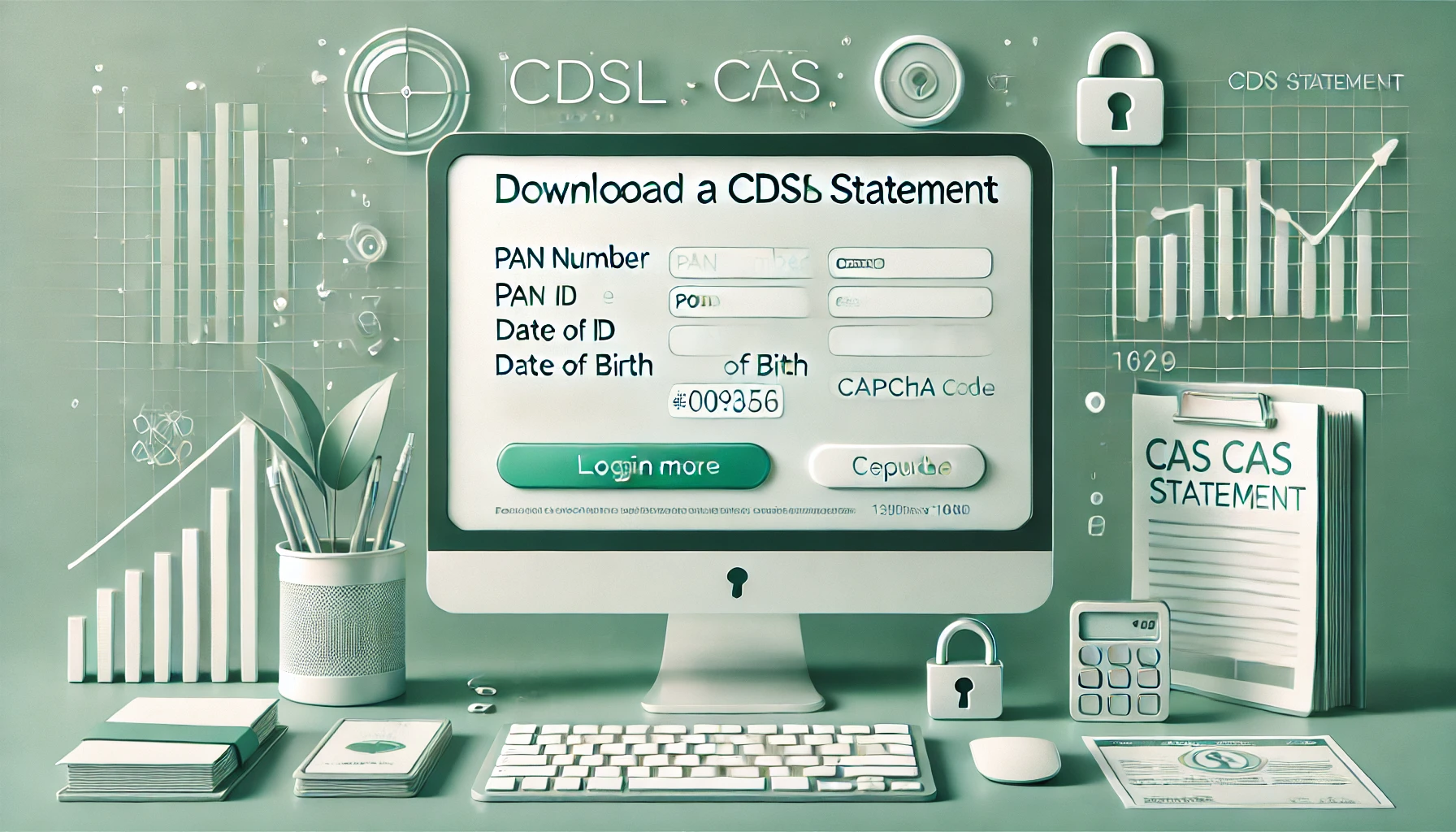
Gold ETF Flows January 2026: Is Gold in Euphoria Zone?
January 2026 gold ETF inflows hit ₹24,040 crore, nearly matching active equity inflows. ...
If you bought digital gold this Dhanteras with a simple tap on your favourite app, here’s something you should know.
On 8 November 2025, SEBI issued a public caution telling investors that many digital-gold products operate outside the securities framework - meaning the protections you expect in a regulated financial product don’t automatically apply here.
SEBI’s note is simple: a lot of “digital gold” products sold through apps and platforms aren’t securities, so SEBI’s investor-protection rules don’t cover them. That means no structured disclosures, no guaranteed grievance mechanisms, and no clearly defined oversight on how your gold is stored or safeguarded.
Why now? Because India’s digital-gold adoption jumped through 2025 especially via UPI-linked fintech apps where small-ticket gold buying became common.
Here’s a quick comparison to make the differences obvious.
| Product | Key traits | What you get |
|---|---|---|
| Digital Gold | Convenient, micro-buying via apps; payments integrated | Fast buys, small ticket sizes; custody & protection depend on platform + vault partner; counterparty risk exists |
| Gold ETF | SEBI-regulated, exchange-traded | Regulatory disclosures, defined custody rules, market liquidity |
| Sovereign Gold Bonds (SGBs) | Issued by the Government of India | Interest paid (around 2.5% p.a.), sovereign backing, capital gain benefits on maturity |
Takeaway: Convenience ≠ Regulation. Digital gold is useful but it’s not the same legal product as ETFs or SGBs.
Big app logo ≠ automatic safety. Many apps are only distributors - the vaulting, insurance, and audits are handled by a third party. Before you tap Buy, run these five quick checks.
You aren’t buying gold from the app. Check the custodian/refiner name in the Terms & Conditions - common names in the ecosystem include vault partners and refiners. If the custodian name is missing or vague, treat it as a red flag.
Providers who publish monthly audit or inventory certificates are more transparent. If you can’t find an audit trail, you’re relying on trust rather than verification.
Delivery fees, minimum weights, minting charges and taxes can make “instant liquidity” expensive. Redemption terms vary widely - read the “Redeem / Delivery / Fees” sections before buying.
Some platforms hold gold in a trustee/escrow arrangement (legal separation); others only offer a contractual promise. If the platform fails, the recovery path depends entirely on this structure - and the difference matters.
Many fintechs and large apps act only as distributors or payment rails. Find the line that says “powered by” or “in partnership with” and note the partner’s name - that’s who actually manages custody.
No - but you should act informed. Digital gold still has a role for micro-savings and gifting. The SEBI note is not a ban. It’s a reminder:
"Tap to buy ≠ tap to protect."
If you want regulated protection and clearer ownership rules, prefer Gold ETFs or SGBs. If you choose digital gold, accept the platform and custody counterparty risk and run the five checks above.
Disclaimer: This article is for educational purposes only and not a recommendation to buy or sell any product. Tax rules and product features change - review current regulations and product documents before investing. Finnovate Financial Services Pvt. Ltd. is a SEBI-registered RIA offering financial planning services.
Finnovate is a SEBI-registered financial planning firm that helps professionals bring structure and purpose to their money. Over 3,500+ families have trusted our disciplined process to plan their goals - safely, surely, and swiftly.
Our team constantly tracks market trends, policy changes, and investment opportunities like the ones featured in this Weekly Capsule - to help you make informed, confident financial decisions.
Learn more about our approach and how we work with you:
Popular now

Learn how to easily download your NSDL CAS Statement in PDF format with our step-by-step g...

Explore what Specialised Investment Funds (SIFs) are, their benefits, taxation, minimum in...

Learn How to Download Your CDSL CAS Statement with our step-by-step guide. Easy instructio...

Looking for the best financial freedom books? Here’s a handpicked 2026 reading list with...